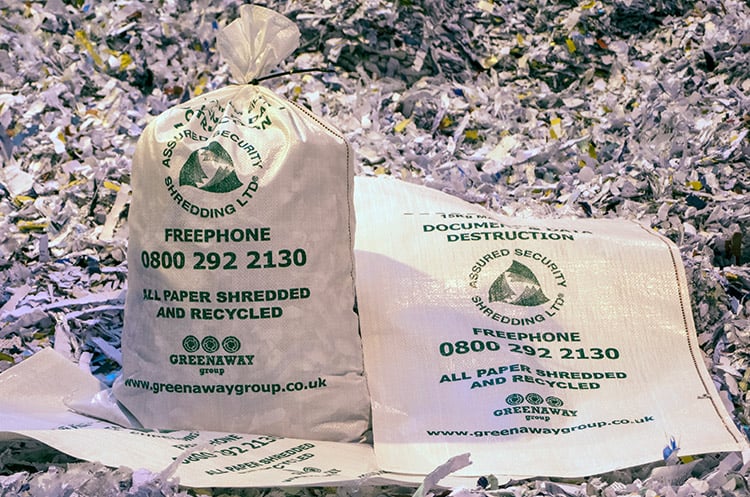All of this hubbub around the Metropolitan Police being investigated for shredding documents that were subject to an inquiry has got us thinking. How many of you out there know exactly what you’re shredding? And if you do, how sure are you that you will never need that document again? In this article, we examine what you should be shredding – and what you shouldn’t.
DO – Shred Bank Statements
If you like to receive printed bank statements, or print them off yourself so you can match up transactions and cross things off as you go (we know we do) that’s fine, but you should always make sure you shred them when you’re done. Even a single bank statement can be used to cause a lot of damage to a business, as they contain all of your account information and other useful information that can be used to imitate you. For example, if you have a regular standing order going out, this is often a security question used by banks to verify your identity, and can easily be read from a regular bank statement. So remember, as soon as you’re done, shred it!
DON’T – Shred Any Paperwork About Capital Stocks/Shares
The simple reason for this is that it is key information that is essential for the financial and running history of your business. Most businesses who choose to shred information about stocks or shares usually do so because there is some activity they want to hide – whether it’s insider trading or cooking the books. They are also an important record for you to keep, as it helps you trace ownership, identify patterns and gain really useful business data.
DO – Shred Customer Information
For one simple reason – it’s the law. The Data Protection Act states that any business that handles customer information, no matter how sensitive, has an obligation to handle it confidentially and dispose of it securely. While it may not say so explicitly, that means you have to shred it when you’re done – there is just no more secure method. So once you have finished working with a client, or even that particular piece of data (think credit card numbers or bank details here) you have an obligation to get rid of it in the most secure way possible.
DON’T – Shred Periodic Financial Statements
This is subtly different to bank statements, which if all else fails can be requisitioned from the bank without any involvement from you. This is instead referring to any balance sheets, certified financial statements or any official documentation provided to you by an accountant on the state of your business. Again, businesses who do shred these tend to have something to hide and usually run into trouble if they are selected for audit. While you might think ‘I’ll never get audited’ – be aware that these things are only semi-random, with some businesses chosen because the government wants to investigate them and their activities. Regardless, it’s always best for you to have this information stored away safely, so you can prove exactly what is going on in your business.
As always, we recommend any of the documents in the ‘DON’T’ section are not just left on someone’s desk, and instead kept locked away in a secure filing cabinet for safety. If you’re not sure what you should or shouldn’t be shredding, or just want someone to do all of your shredding for you, get in touch with our experts and we will be happy to help.


Recent Comments